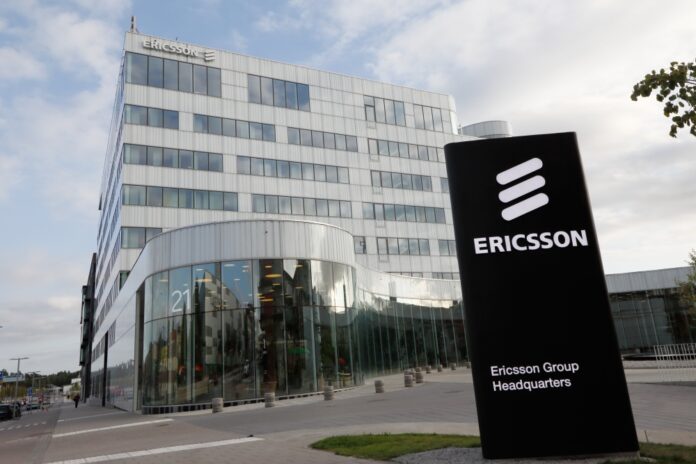The Swedish vendor has landed its biggest ever deal, for 5G with Verizon, worth $8.3 billion (€9.199 billion).
Ericsson announced a landmark, multi-year agreement with Verizon to provide its 5G solutions to accelerate the deployment of Verizon’s 5G network.
Under this agreement, Verizon will deploy Ericsson’s 5G Massive MIMO C-band, low-band and millimeter wave (mmWave) solutions to improve and expand Verizon’s 5G Ultra Wideband coverage, network performance and user experience.
Ericsson’s technology solutions, including Massive MIMO, Ericsson Spectrum Sharing and Ericsson Cloud RAN, are part of the Ericsson Radio System portfolio to support 5G services.
In 2020, Verizon was the first communications service provider to receive a commercial 5G mmWave Street Macro base station from Ericsson’s award-winning new US smart factory in Lewisville, Texas.
Ericsson is committed to building and accelerating the nationwide build-out of 5G across the country.
Meanwhile…
As the Swedish vendor feared, it faces retaliation for the Swedish government banning Huawei kit in the country’s 5G infrastructure. The Swedish vendor’s shares fell 8% after the results were published.
Ericsson’s sales fell in China in Q2, down from SKr4.1billion (€399.64 million) in the same period last year to SKr1.5 billion.
This caused Ericsson’s overall sales to drop for the first time in three years, with its CEO, Borje Ekholm, saying the group was likely to gain “materially lower market share” in China in future.
The vendor’s overall Q2 sales fell from SKr55.6 billion in the same period last year earlier to SKr54.9 billion this year, missing analysts’ average expectations of SKr57.2 billion.
Ericsson’s profits were also less than expected at SKr5.8 billion (although up from SKr4.5 billion the year before), as the average analyst forecast was SKr6 billion.



